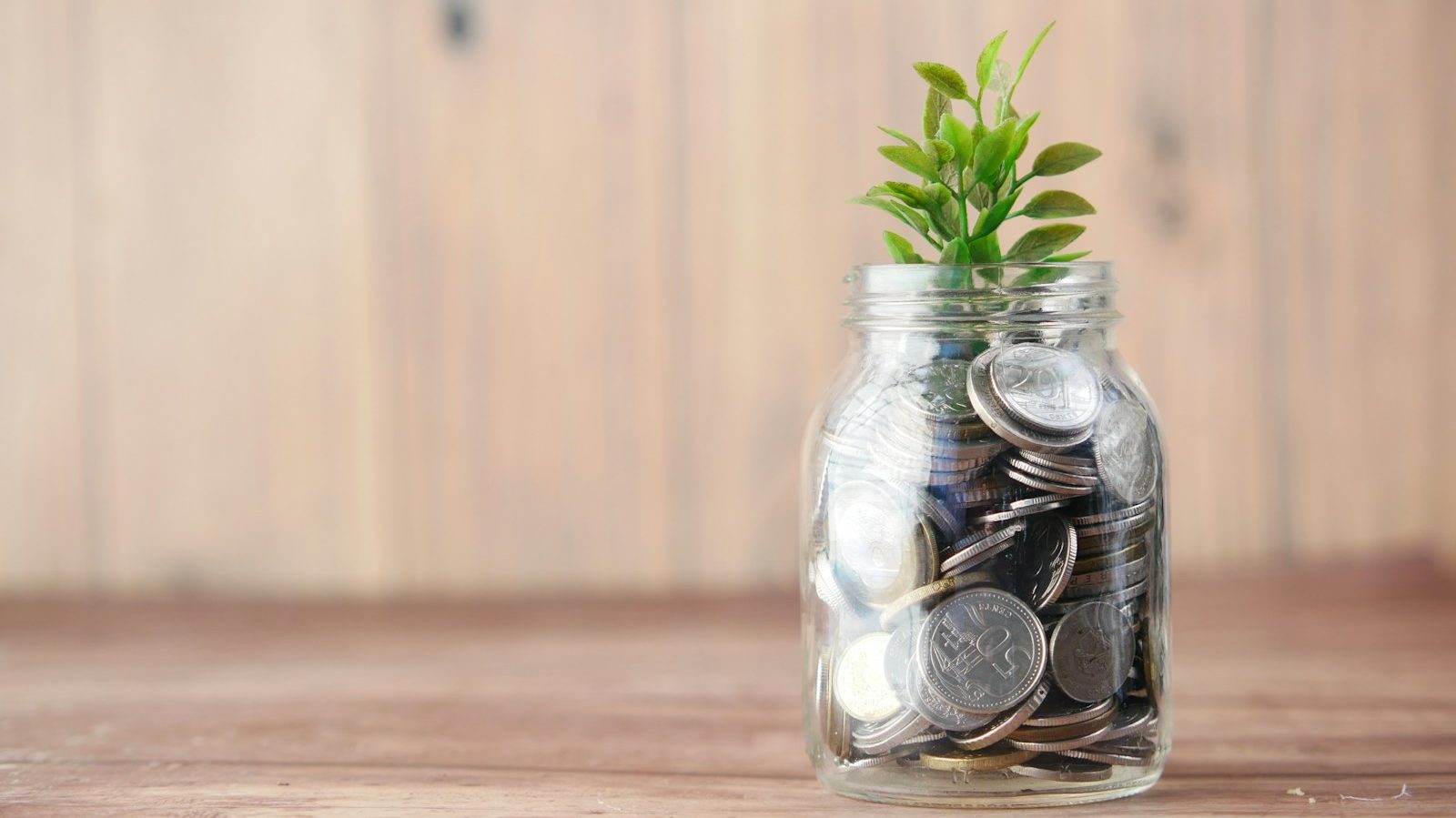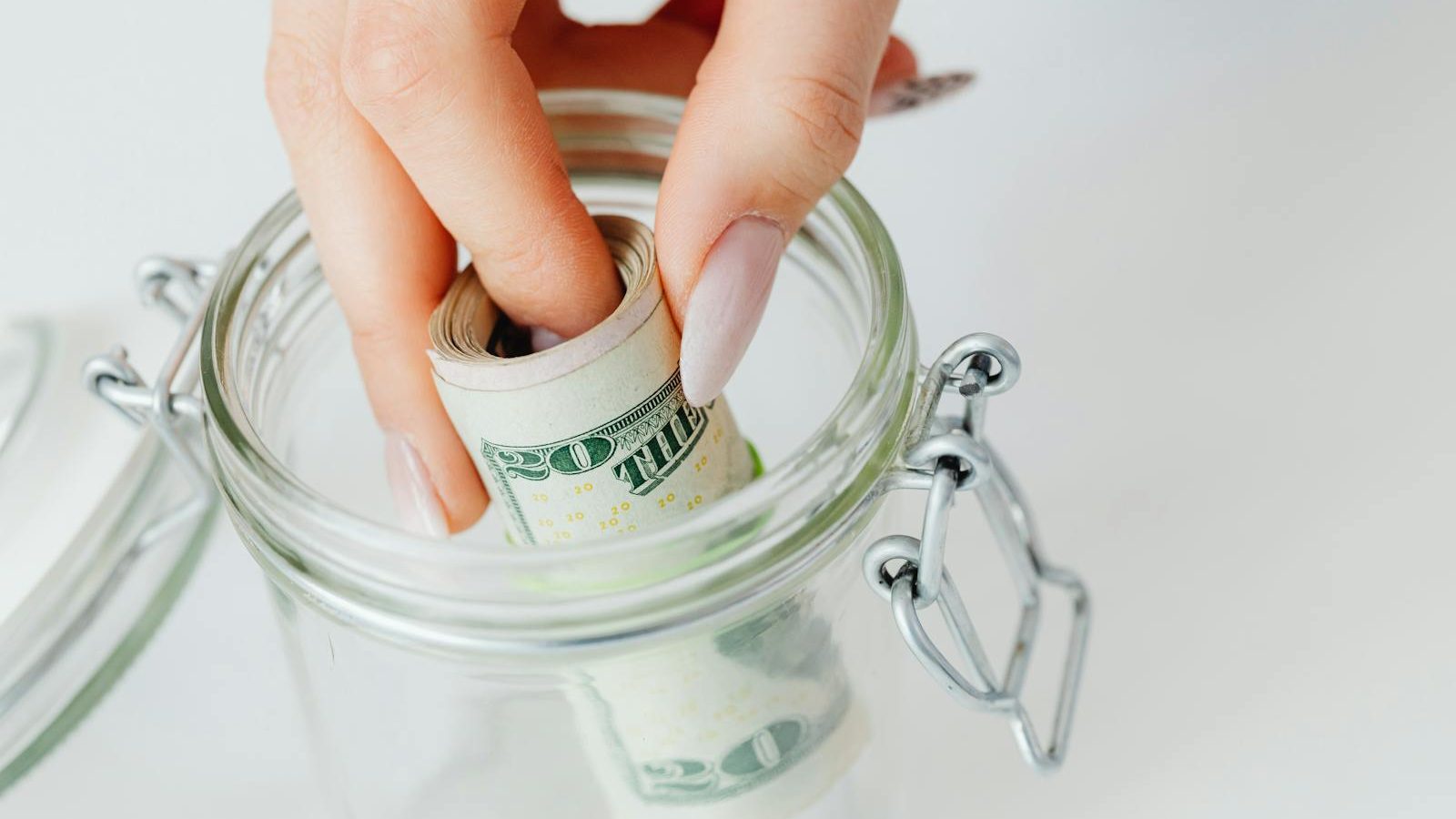10 Life-Changing Tips for Building an Emergency Fund: An emergency fund is a crucial component of financial stability. It acts as a financial cushion, helping you cover unexpected expenses like medical bills, car repairs, or job loss without falling into debt. Building an emergency fund can feel challenging, especially if you’re living paycheck to paycheck, but with the right strategies, you can create a safety net that gives you peace of mind. As the editor of StarAvis.com and an advocate for smart financial planning, here are 10 life-changing tips for building your emergency fund.
1. Start Small but Start Now
Why It’s Life-Changing:
Many people delay saving for an emergency fund because they feel they need to save a large amount upfront. However, starting small is better than not starting at all. Even saving $5 to $10 a week can quickly add up.
How to Do It:
- Set a Small Goal First: Aim for an initial goal of $500 to $1,000, which can cover most minor emergencies.
- Automate Savings: Set up an automatic transfer from your checking account to your savings account, even if it’s just a small amount each payday.
Pro Tip: As your income increases or debt decreases, gradually increase your contributions to build your fund faster.

2. Cut Unnecessary Expenses
Why It’s Life-Changing:
You don’t have to earn more to save more—cutting unnecessary expenses can free up money that you can put toward your emergency fund. Small changes in your spending habits can have a big impact.
How to Do It:
- Review Your Subscriptions: Cancel services you rarely use, such as streaming services, gym memberships, or magazine subscriptions.
- Reduce Dining Out: Save money by cooking more meals at home and limiting takeout or restaurant meals.
- Avoid Impulse Purchases: Stick to a shopping list and avoid buying non-essential items.
Pro Tip: Track your spending for one month to identify areas where you can cut back, then redirect those savings to your emergency fund.
3. Set a Target Amount
Why It’s Life-Changing:
Having a clear target for your emergency fund keeps you focused and motivated. Most financial experts recommend saving three to six months’ worth of living expenses, but your target may vary based on your personal circumstances.
How to Do It:
- Calculate Essential Expenses: Add up your monthly expenses, including rent/mortgage, utilities, groceries, insurance, and debt payments.
- Set a Realistic Target: Based on your income and lifestyle, aim for at least three months of expenses as your initial goal, then gradually increase to six months or more.
Pro Tip: Reevaluate your target every year as your financial situation changes, adjusting for any increases in expenses or income.

4. Use Windfalls Wisely
Why It’s Life-Changing:
When you receive unexpected money, such as a tax refund, bonus, or gift, it’s tempting to spend it right away. However, using windfalls to boost your emergency fund can significantly speed up your savings.
How to Do It:
- Allocate a Percentage: Commit to saving at least 50% (or more) of any windfall money directly into your emergency fund.
- Prioritize Your Fund: If your emergency fund is not fully built, make it the priority for any extra cash you receive.
Pro Tip: Use windfalls for major emergency fund boosts while still enjoying a small portion of the money for discretionary spending.
5. Automate Your Savings
Why It’s Life-Changing:
When saving is automated, it becomes effortless. You won’t be tempted to skip a transfer or spend money before saving it. Automation ensures consistency and helps you build your fund faster.
How to Do It:
- Set Up Direct Deposits: If your employer allows, set up a portion of your paycheck to be directly deposited into a separate savings account.
- Automate Transfers: Schedule automatic transfers from your checking account to your savings account on payday or once a month.
Pro Tip: Treat your emergency fund contributions like a bill—something that must be paid every month.

6. Open a High-Yield Savings Account
Why It’s Life-Changing:
Keeping your emergency fund in a high-yield savings account allows your money to grow while it sits there, earning interest. While the goal is to have quick access to the money in an emergency, earning some extra interest helps your savings grow faster.
How to Do It:
- Research Accounts: Look for high-yield savings accounts with competitive interest rates and no fees. Many online banks offer better rates than traditional banks.
- Separate the Fund: Keep your emergency fund in a separate account from your checking to avoid the temptation to spend it.
Pro Tip: Avoid using investment accounts for your emergency fund as they may fluctuate in value, and you may face penalties for early withdrawals.
7. Sell Unused Items
Why It’s Life-Changing:
You likely have unused items around your home that you can sell for extra cash. Turning clutter into money is a quick way to boost your emergency fund.
How to Do It:
- Sell Online: Use platforms like eBay, Facebook Marketplace, or Poshmark to sell clothing, electronics, furniture, and more.
- Host a Yard Sale: If you have a lot of items to get rid of, consider hosting a yard sale to generate cash quickly.
- Donate for a Tax Deduction: For items you can’t sell, consider donating them to charity for a potential tax deduction.
Pro Tip: Regularly declutter your home and sell items you no longer need to continuously build your emergency fund.

8. Earn Extra Income with a Side Hustle
Why It’s Life-Changing:
If your current income isn’t enough to build your emergency fund quickly, consider taking on a side hustle. Even a few hours of extra work per week can make a significant difference.
How to Do It:
- Freelance: Use your skills to find freelance work in areas like writing, graphic design, or virtual assistance on platforms like Upwork or Fiverr.
- Rideshare or Delivery Services: Consider driving for rideshare services like Uber or Lyft, or delivering food through DoorDash or Uber Eats.
- Monetize a Hobby: Turn your hobbies, like photography or crafting, into a business to generate extra income.
Pro Tip: Dedicate all side hustle income directly to your emergency fund to grow it faster without dipping into your regular paycheck.
9. Reevaluate Your Budget Regularly
Why It’s Life-Changing:
As your financial situation changes, so should your budget. Regularly reviewing and adjusting your budget can help you find new ways to cut costs and save more toward your emergency fund.
How to Do It:
- Review Monthly Spending: Look for areas where you’ve overspent or can cut back, such as reducing entertainment or dining out expenses.
- Adjust Goals: As you progress, increase the percentage of your income that goes toward savings.
- Prioritize Needs Over Wants: Ensure your budget reflects essential expenses and savings first, before discretionary spending.
Pro Tip: Revisit your budget at least once a quarter to ensure you’re staying on track with your goals and making adjustments as needed.
10. Stay Disciplined and Avoid Temptation
Why It’s Life-Changing:
Once you start building your emergency fund, it can be tempting to dip into it for non-emergency expenses like vacations, shopping, or dining out. Staying disciplined will help ensure that the money is there when you truly need it.
How to Do It:
- Define “Emergency”: Set clear rules for what constitutes an emergency (e.g., medical bills, car repairs, job loss) and stick to them.
- Keep It Separate: Avoid linking your emergency fund to your regular spending accounts or debit card to reduce the temptation to withdraw money.
- Reward Yourself in Other Ways: Budget for small, affordable luxuries or treats so you don’t feel the need to dip into your emergency fund for non-essentials.
Pro Tip: Treat your emergency fund as untouchable unless you’re facing a true emergency, and replenish it as soon as possible after using it.
10 Life-Changing Tips for Building an Emergency Fund
Building an emergency fund is one of the most important steps toward financial security. By following these life-changing tips—starting small, automating savings, cutting expenses, and staying disciplined—you can create a safety net that will protect you during life’s unexpected events. At StarAvis.com, we believe that with the right strategies and mindset, anyone can build a solid emergency fund and achieve long-term financial peace of mind.






